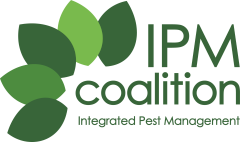Profile
The Sustainable Agriculture Network (SAN) is a global collaborative network of organizations with a mission of transforming agriculture. The Secretariat based in Costa Rica has experience in over 40 countries and with more than 100 crops, providing innovative, practical and credible agricultural solutions, from its past experience in certification (as the long-time standards development engine inside the Rainforest Alliance certification program), to more recently transitioning away from certification to design and implement sustainable agriculture tools, methodologies and training customized to local conditions and urgent challenges to help clients travel the journey of transforming their supply chains.
SAN fosters sustainable agriculture, biodiversity conservation and improved rural livelihoods on and beyond farms, through the collaborative implementation of technical solutions, expertise, and knowledge by local partners. SAN develops and provides tools that integrate risk management, verification, capacity development, impact monitoring, data management and local implementation to improve sustainability performance and demonstrate impact.
Visit our website www.sustainableagriculture.eco
Send a message to info@san.ag
Rationale
Crop and pasture health is a key factor to reach optimum levels of productivity and economic profitability in agricultural and livestock systems, as pest incidence directly affects the yields and quality that are necessary for the sale and trade of agricultural goods and a stable food supply.
SAN believes that crop production systems can adopt advanced IPM and biodiversity conservation practices embracing the use of beneficial organisms and low-risk pesticides.Integrated Pest Management (IPM) approaches aim to protect crop and pasture health by combining different pest control methods, thus reducing the use of synthetic pesticides and the toxic footprint of agriculture.

